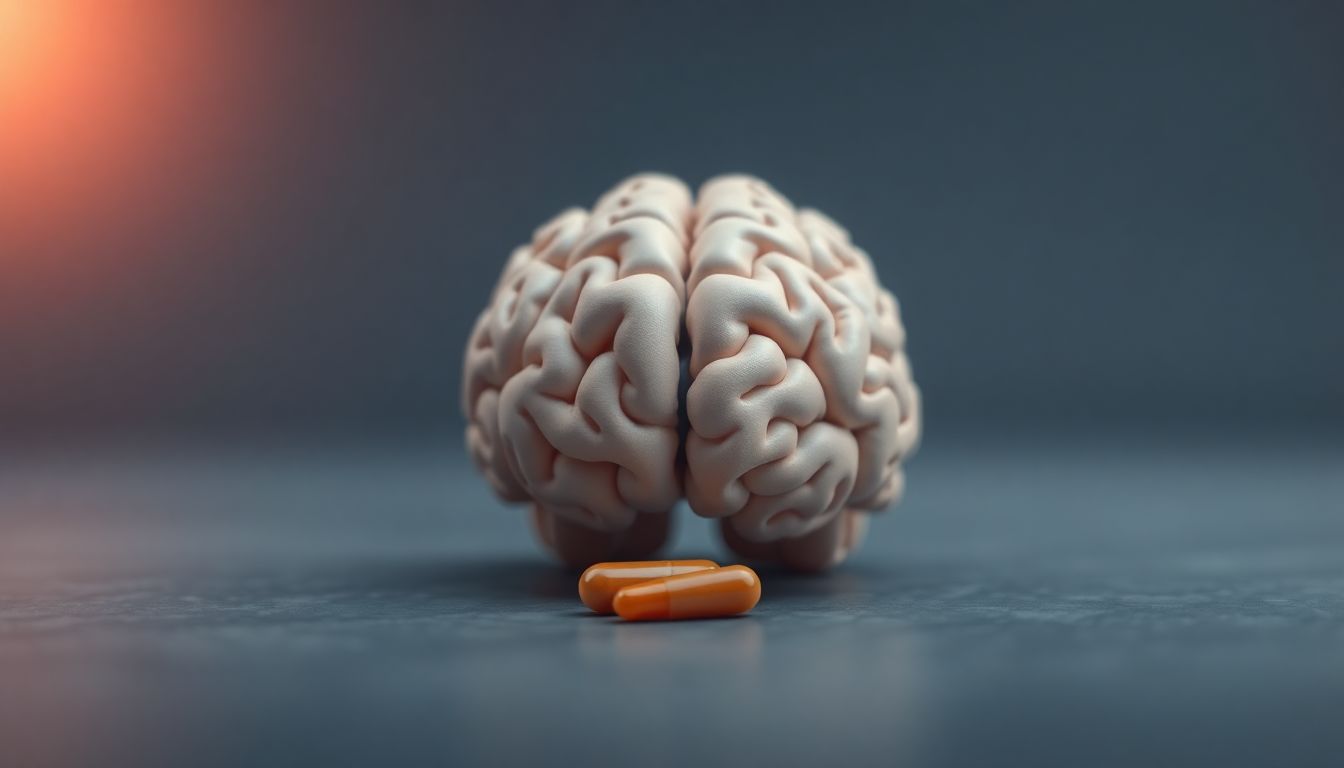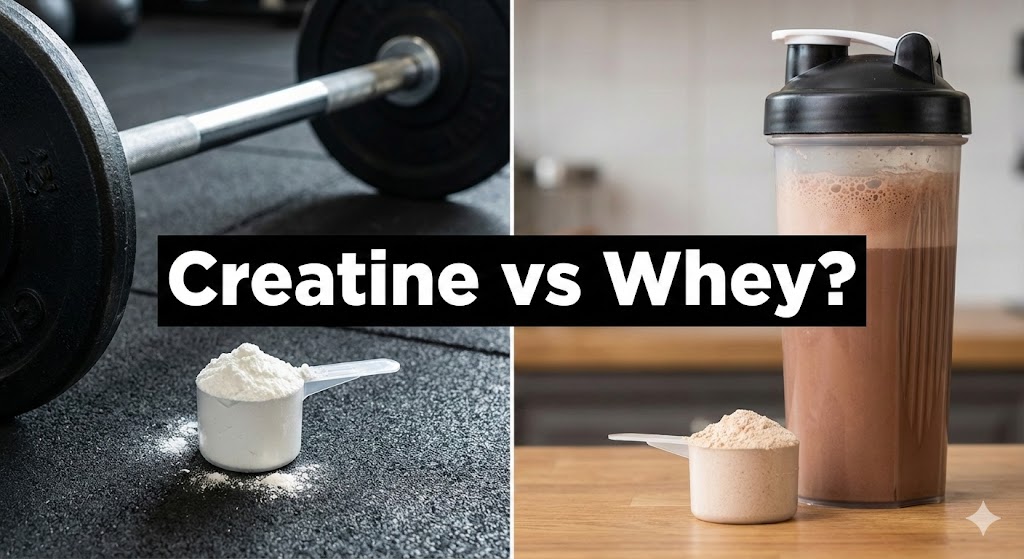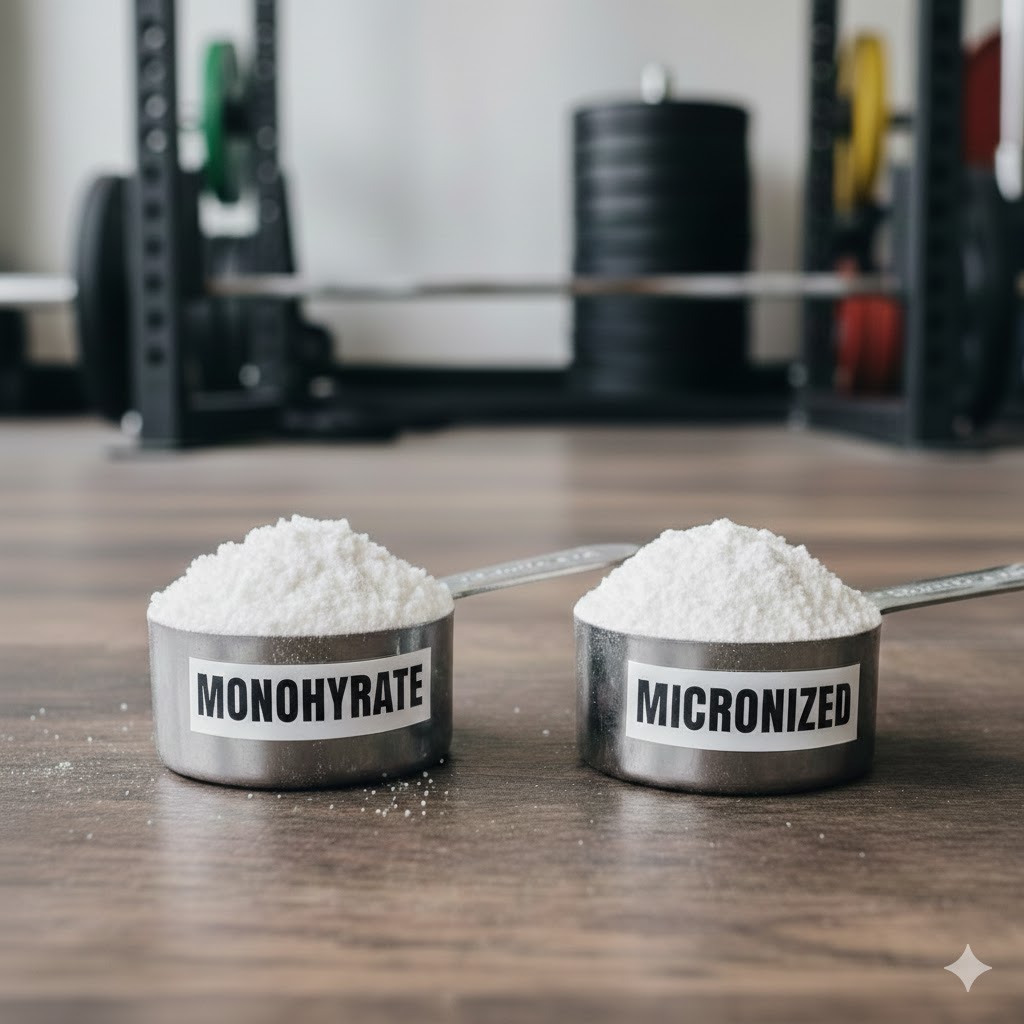Creatine, widely recognized for its role in enhancing athletic performance, has also garnered attention for its potential cognitive benefits. As an essential compound involved in energy metabolism, creatine may support brain health, memory, and mental clarity. This article explores the scientific evidence behind creatine’s effects on cognition and how this supplement may benefit brain function.
The Role of Creatine in Brain Energy Metabolism
Creatine’s fundamental function in muscles—buffering and regenerating ATP—extends to the brain. The brain, similar to muscles, demands high energy levels to sustain cognitive processes like memory, attention, and executive function. In neurons, creatine helps regenerate ATP via the phosphocreatine system, supporting cellular energy needs during periods of high demand or metabolic stress.[1][2][3]
The presence of creatine kinase enzymes in brain regions like the hippocampus and cortex highlights the importance of creatine in neural energy homeostasis. In conditions such as neurodegeneration or cognitive decline, energy metabolism becomes impaired, and creatine supplementation may help restore this balance.[4]
Scientific Evidence Supporting Cognitive Benefits
1. Improving Memory and Attention
Recent systematic reviews indicate that creatine supplementation can modestly improve short-term memory, processing speed, and attention, especially in stressed or fatigued individuals. For example, a study involving sleep-deprived subjects showed that creatine partially reversed fatigue-related cognitive deterioration.[5][6][7]
2. Potential Neuroprotective Effects
Creatine might exert neuroprotective effects by reducing mitochondrial dysfunction and excitotoxicity, which are implicated in diseases like Alzheimer’s and Parkinson’s. Pilot studies suggest creatine may moderate cognitive decline and improve working memory in early Alzheimer’s patients.[8]
3. Variable Results in Healthy Individuals
While some research reports cognitive improvements, others find minimal or no effects, especially in healthy young adults with optimal baseline energy metabolism. The variability depends on age, health status, and cognitive challenge.
4. Effects in Special Populations
Creatine appears to benefit aging populations, vegetarians (who may have lower baseline brain creatine), and individuals under mental stress or sleep deprivation. In these groups, creatine supplementation has been linked to enhanced memory, reduced mental fatigue, and better concentration.
Practical Insights
- Dosage: Standard doses for cognitive benefits are similar to athletic doses: around 5 grams daily, with some studies exploring higher or loading protocols.
- Timing: Considering the brain’s energy demand, consistent daily intake is recommended; timing around mental tasks or stress may enhance effects.
- Safety: Current evidence indicates that creatine is safe for most individuals when used appropriately, with minimal adverse effects.
Limitations and Future Directions
Although promising, research on creatine’s cognitive effects remains mixed. Larger, longer-term clinical trials are needed to confirm benefits, determine optimal dosing, and understand the mechanisms involved.

Support Your Cognitive Performance
Now that you understand how creatine supports brain energy metabolism, experience these cognitive benefits with Creatine Ultimate CRN-5.
FAQs
1. Can creatine improve memory in healthy individuals?
Some studies suggest moderate improvements in short-term memory and mental clarity, especially under stress or fatigue. Read More
2. Is creatine effective for aging-related cognitive decline?
Yes, preliminary data indicate creatine may support brain energy and slow decline in older adults. Read More
3. Does creatine help after brain injury or stroke?
Research is ongoing; some evidence suggests potential neuroprotective effects, but more studies are needed. Read More
4. Is creatine safe for long-term use?
Long-term safety appears well established for healthy individuals when taken within recommended doses. Read More
5. How does creatine compare to other cognitive enhancers?
Creatine’s mechanism is focused on energy metabolism, making it different from pharmacological agents, with low risk and good safety. Read More
6. Can creatine improve mental fatigue?
Yes, creatine supplementation has been shown to reduce mental fatigue during demanding cognitive tasks. Read More
7. Does creatine help with mood disorders like depression or anxiety?
Emerging research suggests creatine may improve symptoms of depression and anxiety, but more studies are needed. Read More
8. Is creatine beneficial for people with neurodegenerative diseases?
Creatine shows potential neuroprotective effects and may support cognition in early Alzheimer’s, though research is ongoing. Read More
9. How does creatine affect brain energy metabolism?
Creatine increases phosphocreatine stores in the brain, enhancing energy availability during high demand. Read More
10. Are there any side effects of taking creatine for brain health?
Creatine is generally safe with minimal side effects when taken as recommended. Read More
References
- Xu C, et al. The effects of creatine supplementation on cognitive function. Frontiers in Nutrition, 2024.
- Avgerinos KI, et al. Creatine and cognitive health. Psychiatr Danub. 2018.
- Persky AM, Brazeau GA. Clinical pharmacology of creatine. Clin Pharmacokinet. 2001.
- Jost WA, et al. Creatine in neurons—energy regulation and neuroprotection. Neurosci Biobehav Rev. 2002.
- Xu C, et al. Meta-analysis of creatine’s cognitive effects. Frontiers in Nutrition, 2024.
- McMorris T, et al. Creatine and cognitive performance. Neurosci Lett. 2024.
- Bender A, et al. Creatine in neurodegenerative diseases. Neurochem Res. 2005.
- Ferrier N, et al. Brain energy metabolism and creatine. J Neurochem. 2000.
- Klivenyi P, et al. Neuroprotection by creatine. Ann Neurol. 2005.
- Gualano B, et al. Creatine and cognition in Alzheimer’s. Neuropsychol Rev. 2019.
- Rae C, et al. Creatine supplementation effects on cognition. Aging Dis. 2018.
- McMorris T, et al. Duration and effects of creatine on cognition. Neurosci Lett. 2024.
- Roemer P, et al. Creatine in vegetarians and elderly. J Nutr. 2020.
- Borras R, et al. Creatine and mental fatigue. Psychiatry Res. 2023.
- Alexander G, et al. Creatine in stress and sleep deprivation. J Cogn Neurosci. 2021.
- Rawson ES, Volek JS. Creatine supplementation and brain health. Biomed Res Int. 2013.
- Tarnopolsky M. Creatine and brain energy metabolism. Appl Physiol Nutr Metab. 2004.
- USA FDA. Creatine safety profile. 2014.
- Smith E, et al. Future directions in creatine cognition research. Psychopharmacology. 2023.











